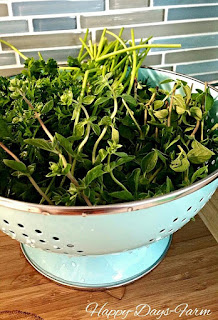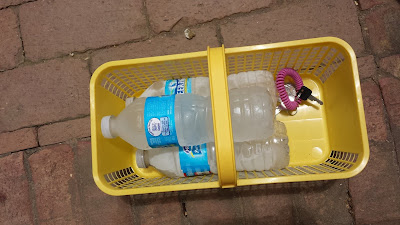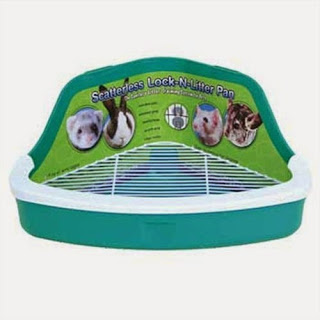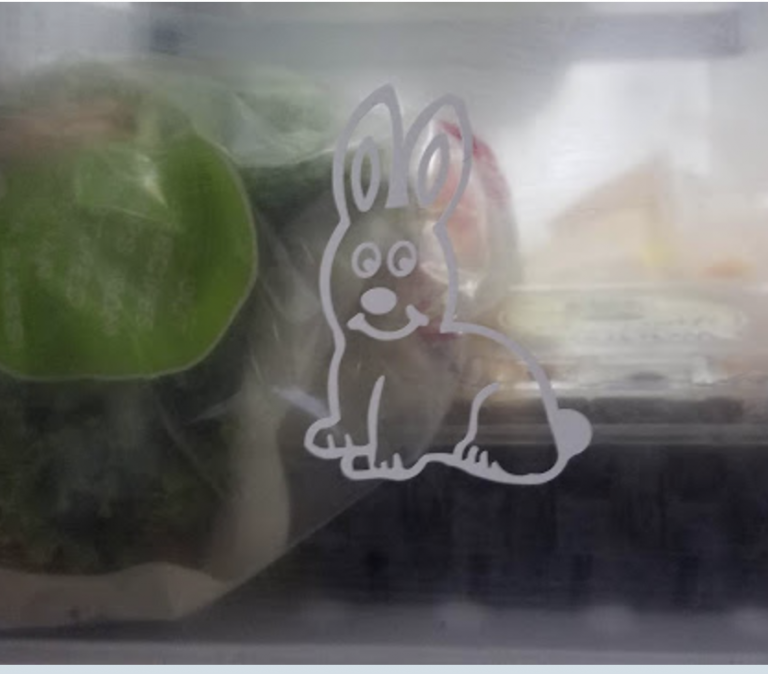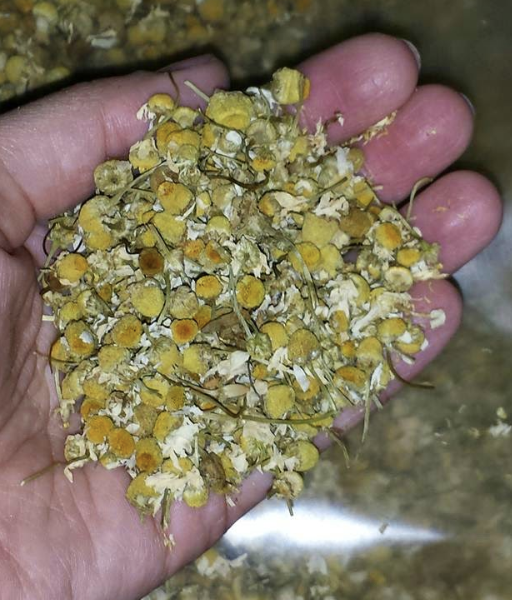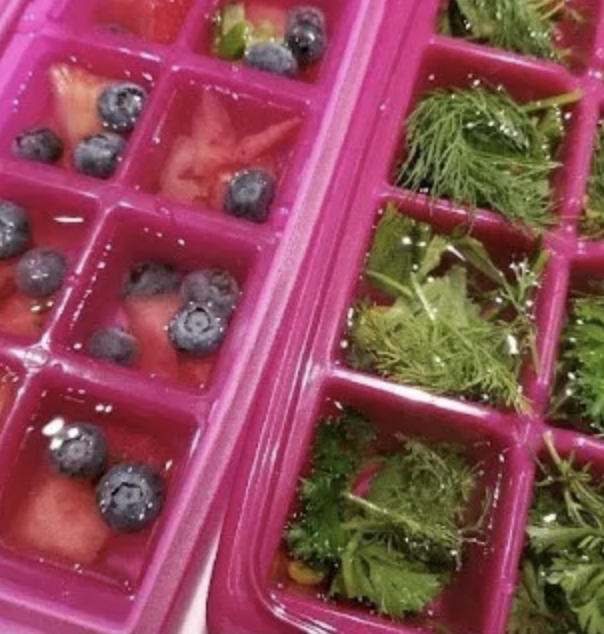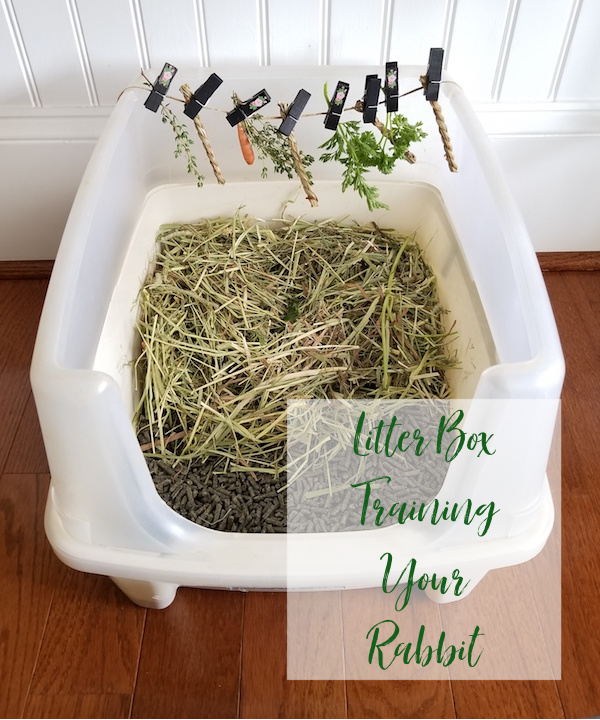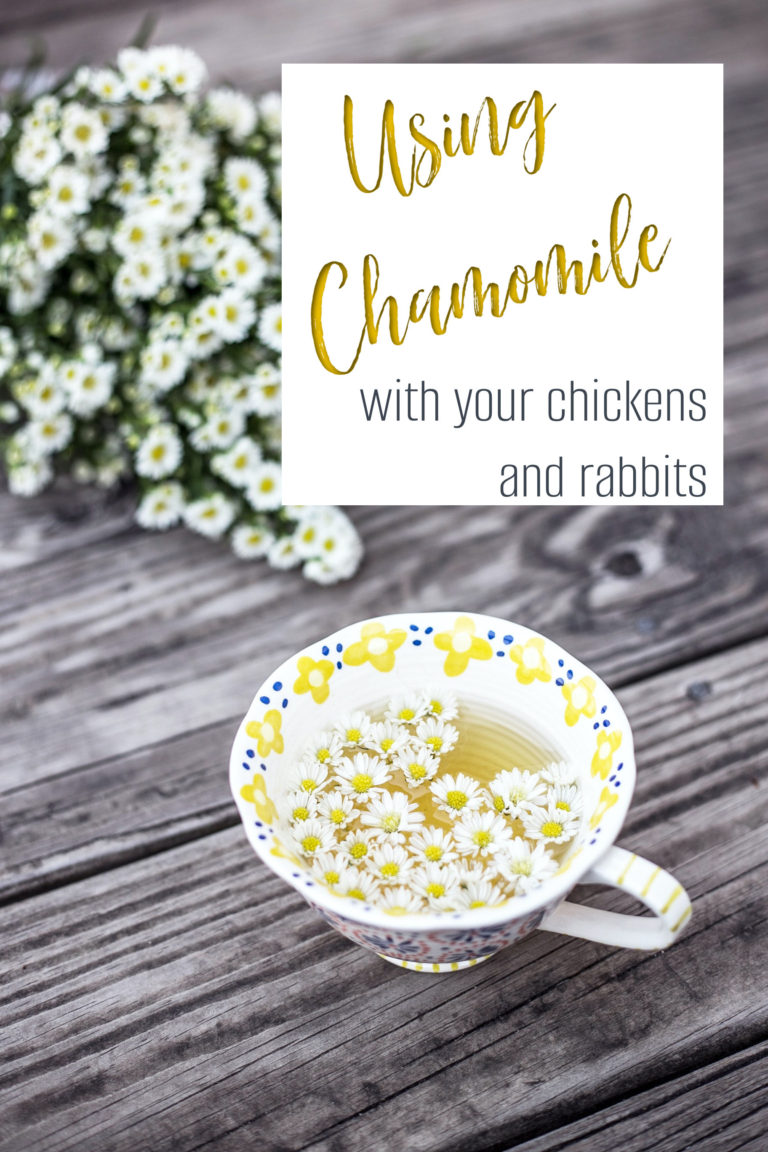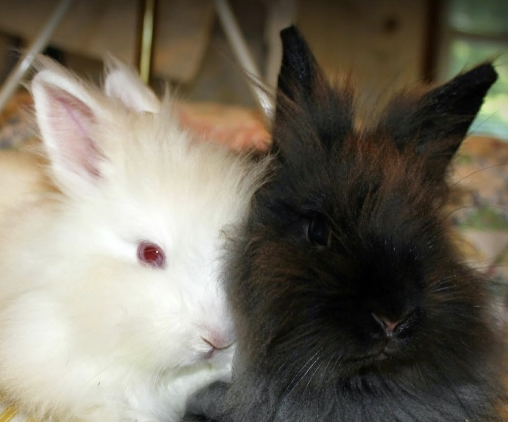Rabbit Safety in the Summer- Heat Exhaustion and Warbles
Summer time is dangerous for rabbits for several reasons, especially outdoor rabbits. Can you imagine being confined to a small cage, in the summer heat, with a fur coat on?
A rabbits optimal temperature is 60-70 degrees. Heat strokes and exhaustion can begin being experienced in temperatures around the upper 80’s, especially if the humidity is also high.
My first suggestion is to take any rabbit that appears to be suffering from a heat stroke, heat exhaustion, or warbles to the vet, immediately.
Make sure your rabbits outdoor cages are not in the sun! Make sure they have a full bottle of fresh water, fresh timothy hay, and some romaine lettuce and herbs, or some cool treat. Another really good trick is to put a fan on their cages, and put a bottle of frozen water in the path of the air. This helps keep the air moving around them, and will greatly help keeping them cool. My indoor rabbits love to sit in front of a fan. The fan also limits the ability of flies and gnats to land on your rabbit and their food.
Did you know that rabbits enjoy sitting on bricks or tile during the summer? They are much cooler, and if you dampen them or place a frozen bottle on them, it is even better.
Did you know that rabbits enjoy sitting on bricks or tile during the summer? They are much cooler, and if you dampen them or place a frozen bottle on them, it is even better.
All these may help keep your rabbit from suffering from heat exhaustion. If you notice your rabbit seeming lethargic, not eating, or any odd behavior, move them to a cooler location and provide fresh cool water, (add some mint if you have it available). Mint helps bring down their body temperature.
In extreme cases, use a cool washcloth with a piece of ice in it to wipe their ears. If they appear to have had an actual heat stroke, inability to stand, unconscious, fever, refusing to eat/drink, etc., take them to a vet immediately. Rabbits with a health condition will deteriorate very quickly, and many times the only chance for survival is immediate vet care.
If you have outdoor rabbits, on extreme days, I would offer an additional water bottle or water dish that has electrolytes in it. Never fully replace an outdoor rabbits water with this, however, rabbits are so picky that they may refuse to drink it, and end up severely dehydrated. (You can make your own electrolytes using water, sugar, and salt, purchase an electrolyte pack, or even keep a bottle of pedialyte on hand for emergencies.
Believe it or not, my indoor rabbits suffer from the heat too. I place this frozen ice pack in their cages every morning, and a new one every evening. They are always laying on them, or laying on one of the air conditioning vents.
I purchased several ice mats and ice brick packs from the dollar store, and I made this cover to slip them down into, to ensure the fact that the frozen pack wouldn’t damage their skin, and that they couldn’t chew into the ice mat.
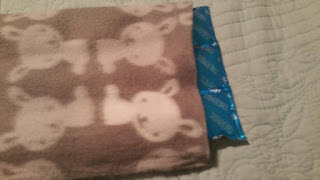 |
| Click here to learn how to make a no-sew ice pack cover. |
Next, whether your rabbits live inside, in the garage, or outside, please keep their litter boxes clean. If you have an outdoor rabbit and don’t use litter, please keep the area under their cage raked up. The importance of clean living conditions cannot be stressed enough. Sitting in urine, can easily degrade their fragile skin very quickly. Besides this, gnats and flies are immediately attracted to the dirty cage bottom, litter box, or even the ground under the cage.
The problem with this, besides the obvious, is the fact that rabbits are highly susceptible to a condition known as warbles. Warbles is a condition where a fly or gnat lays eggs in wounds, scratches or any moist area, such as the eyes or even the anal area of any larger animal. Once this happens, the eggs hatch and they begin to actually eat the flesh of the rabbit. It is a horribly painful condition that usually ends in death, or an extremely high vet bill. This is 100% preventable with clean living conditions, and the attention of the owner. Also, having a fan blowing on the cage whether it is outside/inside or in the garage will keep the flies and gnats from being able to land on the rabbit. Indoor rabbits can also have issues with gnats, but only if their cages are dirty enough to attract gnats into the house, or if the house already has a gnat issue. These litter boxes make keeping their cages clean so easy, and rabbits are extremely easy to train.
Remember our animals, that are kept in cages, are totally dependent on us to provide everything they need. Be responsible and keep them healthy, happy, clean and safe. They will reward you in many ways for providing for their needs.
(The below items are part of my amazon affiliate list. If you purchase using this link, I may receive a small commission from the sell of the item. Thank you)
(The below items are part of my amazon affiliate list. If you purchase using this link, I may receive a small commission from the sell of the item. Thank you)



